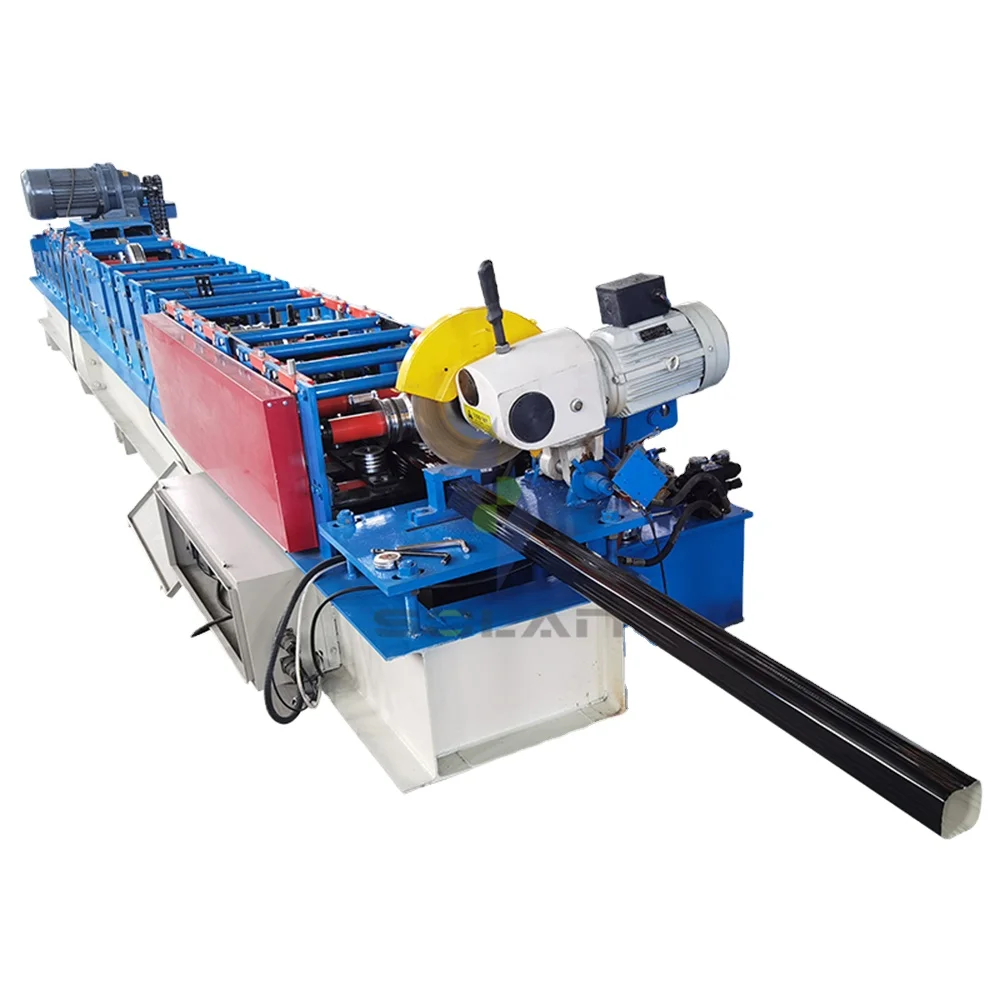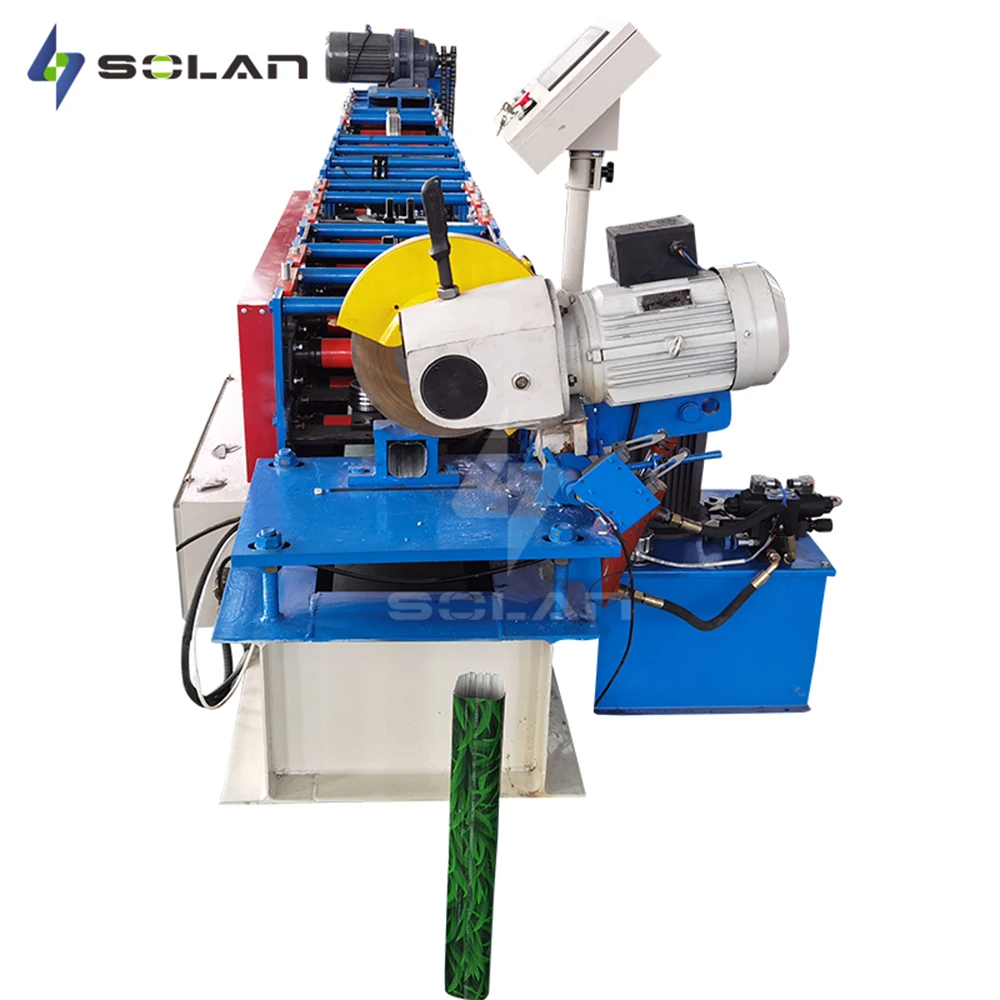
Why Stormwater Management Matters for Contractors
Managing stormwater during construction work isn't just something to check off the list it's actually pretty important for staying within environmental rules, cutting down on runoff, and keeping our water clean. The EPA has been pushing hard for better stormwater control methods because they really cut back on all sorts of nasties getting into rivers and lakes. Contractors who get this right save themselves headaches with regulators while doing their part for the environment around them. From what I've seen on job sites, proper drainage systems make a world of difference in preventing muddy messes and protecting nearby wildlife habitats.
During construction, contractors are really key players when it comes to putting stormwater management systems into place. Without their hands-on participation, many projects would miss the mark on sustainability goals and fail to safeguard local ecosystems. When contractors take environmental responsibility seriously, they position themselves as true experts in green building practices. This kind of commitment not only helps preserve wetlands and waterways but also makes these firms stand out in markets where clients increasingly demand eco-conscious partners for infrastructure development.
Good stormwater management stops erosion and keeps sediment from building up, something that wrecks both the land around us and our roads and buildings. Research shows that when done right, these management techniques cut down on repair bills and actually make things last longer whether we're talking about forests or concrete structures. Contractors who invest time in green approaches tend to see better results over years instead of just quick fixes. Plus, they help keep ecosystems in better shape, which makes sense for anyone looking at the big picture beyond just immediate project needs.
Essential Features in Modern Gutter Machinery
Precision Roll Forming Technology
Roll forming tech has become essential for making gutters these days. When manufacturers get those measurements right, the gutters just fit better overall. Contractors love this because installations go smoother without all those headaches from parts that don't quite match up. Another big plus? Less wasted metal during production means real money saved at the end of the day. And let's face it, cutting down on scrap isn't just good for the bottom line either. We're talking about fewer materials ending up in landfills too, so it helps the environment while still keeping costs under control for everyone involved.
Multi-Material Compatibility
Project specs vary so much these days that gutter equipment needs to handle different materials without breaking a sweat. Most modern gutters can roll out aluminum, copper or even steel depending on what the job requires. Contractors love this because it means they can adjust their offerings based on what clients want and what buildings need. Some projects demand lightweight aluminum while others require the durability of steel. Switching between materials isn't just convenient it's become essential for staying competitive in construction markets where jobs keep getting more complicated. When a contractor can deliver exactly what architects specify without needing special tools for each material, that builds trust and keeps the business moving forward.
Portability & Job Site Flexibility
Portable gutter machines give contractors a real edge when moving gear from one job site to another. Most modern models come built for easy transportation, so setup happens fast no matter where we end up working. Contractors love how these machines handle all sorts of installations without much hassle. They can tackle tight spaces around buildings or deal with uneven ground conditions that would stop traditional equipment dead in its tracks. When crews can roll their machines right into tricky spots instead of wrestling with cumbersome setups, projects finish faster and budgets stay on track. Clients notice this difference too, often commenting on how smoothly everything goes despite whatever obstacles exist at each job location.
Contractor-Grade Downspout Machine Solutions
SOLAN Rain Portable Gutter Machine - Compact Powerhouse
Contractors looking to crank out downspouts fast will find the SOLAN Rain Portable Gutter Machine pretty hard to beat. Setup takes just minutes, so crews can get going quickly on site without compromising on the finished product's quality. The machine's compact size works well for those smaller jobs or mid-sized installations where space matters, yet still delivers results that look right at home on any commercial building. What really sets this unit apart is how it handles different materials. With automated controls and precise molding tech built in, operators see better efficiency across the board while maintaining tight tolerances. And since it accepts everything from standard galvanized steel to colorful coated sheets, there's no need to switch equipment when client preferences vary.
High-Performance Stainless Steel Roof Machine - Heavy-Duty Productivity
Built to handle serious workloads, the High Performance Stainless Steel Roof Machine stands out as a top choice for contractors dealing with big projects. What makes it special? Well, this beast keeps performing at peak levels even when running nonstop day after day, which means consistent results no matter how long the job runs. The whole thing is made from stainless steel, so it lasts longer than most machines on the market while needing far less upkeep over time, something that adds up nicely in the bottom line for businesses. Works great with all sorts of materials too including standard stainless steel, PPGI sheets, and GI products without breaking a sweat. And let's talk about speed here folks – this machine cranks out panels fast while keeping everything straight and true during cold roll forming processes. Contractors who need their roofing materials to maintain structural integrity without warping or twisting will find exactly what they're looking for in this heavy duty equipment.
Optimizing Machine Performance for Stormwater Systems
Preventative Maintenance Strategies
Regular preventative maintenance makes all the difference when it comes to keeping stormwater system machinery running smoothly for years to come. When technicians actually get out there and look at the equipment on a regular basis, they spot small problems before they turn into big headaches. The truth is, nobody wants their pumps or valves failing during heavy rains when every second counts. According to industry reports, sticking to a good maintenance routine can actually make machines last around 30% longer than normal. For contractors who rely on these systems day in and day out, that means fewer emergency repairs and less money spent overall. Plus, when equipment breaks down less often, whole operations run much smoother without those frustrating interruptions that waste time and money.
Integrating Decoiler Systems
Adding decoiler systems to gutter machines makes production run much smoother and boosts overall efficiency in workshops. These systems handle the unwinding of metal coils automatically, which keeps materials feeding consistently into the machinery without constant operator intervention. The biggest benefit? Less manual labor means fewer opportunities for workers to get hurt while handling heavy coils on site. Contractors who install these systems often find they finish jobs faster because there's less downtime waiting for materials to be fed properly. Faster completion times translate directly to happier clients when projects stay on schedule, and satisfied customers tend to come back for future work too.
Cold Roll Forming Best Practices
When companies implement good techniques in cold roll forming, they tend to get better results from their materials while making higher quality parts for stormwater management systems. The process creates durable but light weight fittings and structural elements that work really well in today's drainage networks. Recent studies point out some pretty clear advantages of this approach, showing how it cuts down on material waste and delivers consistently good products. For builders looking at long term costs, these methods help reduce environmental impact at the same time as saving money on raw materials over time. Contractors who switch to these improved practices often find themselves with both greener credentials and healthier profit margins.



